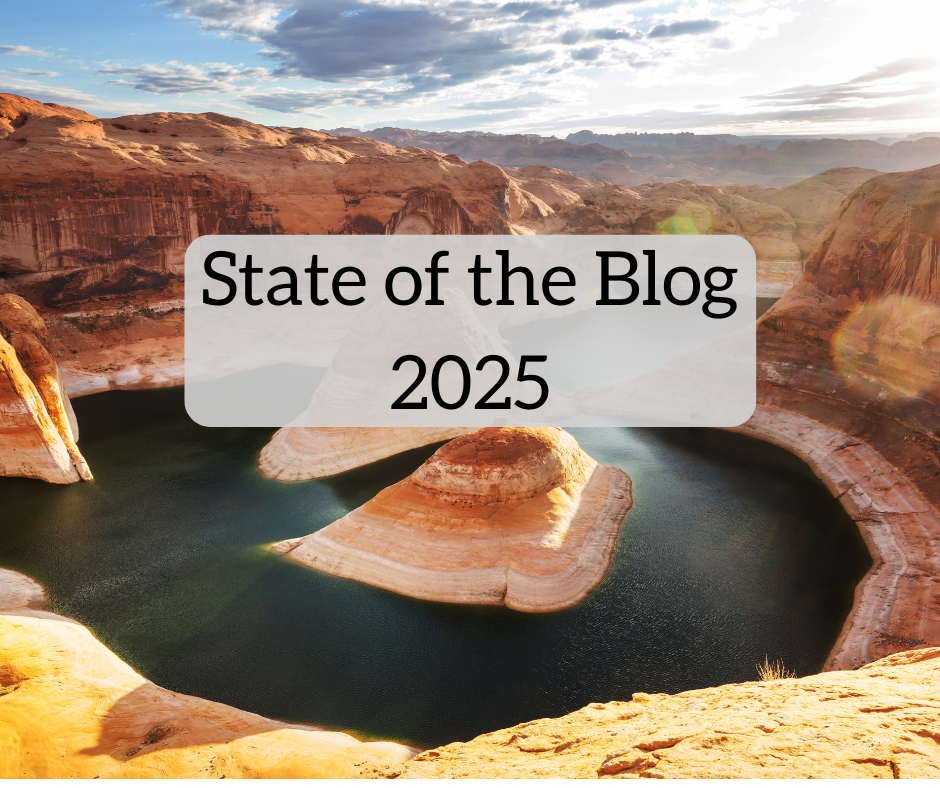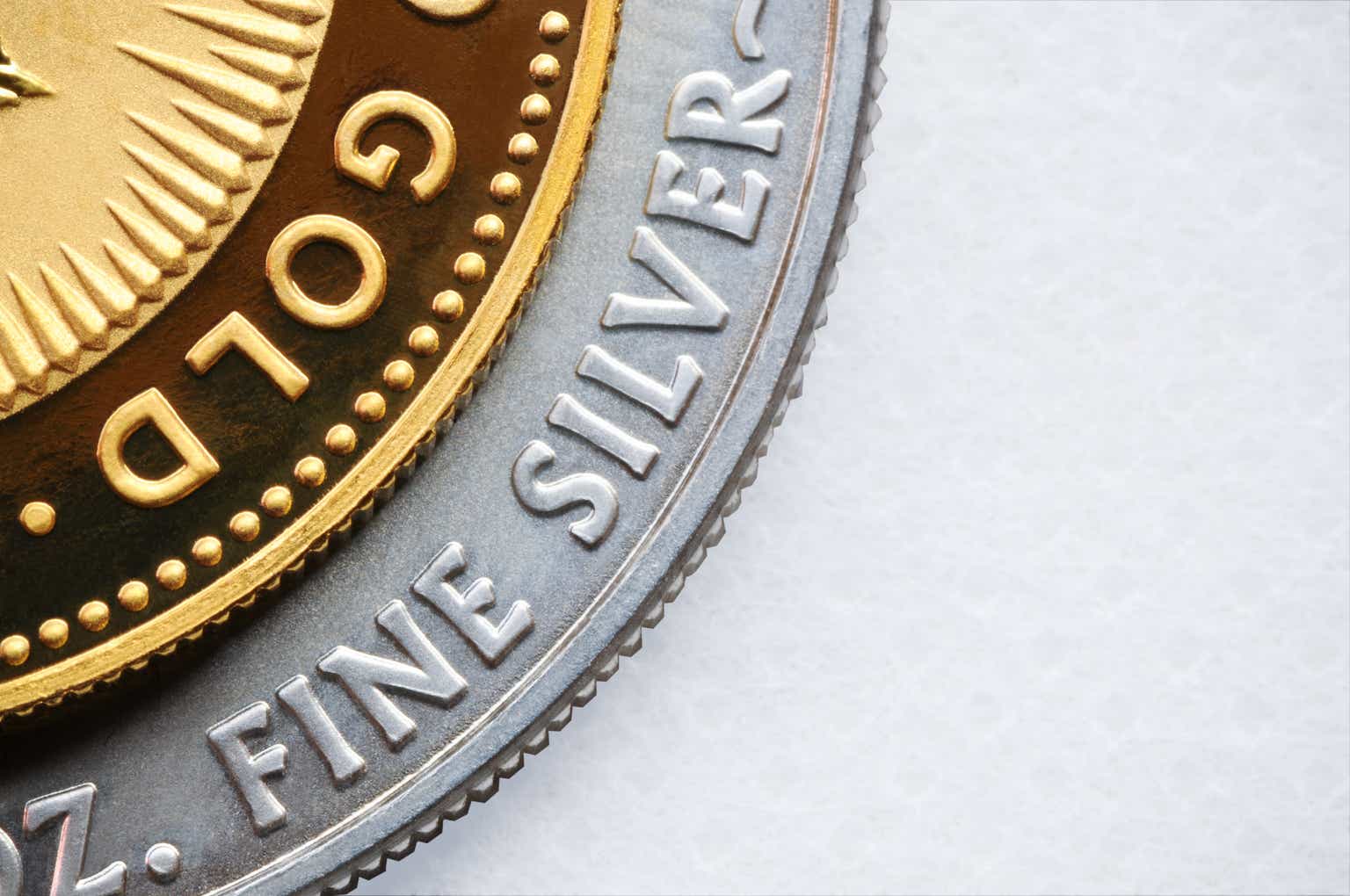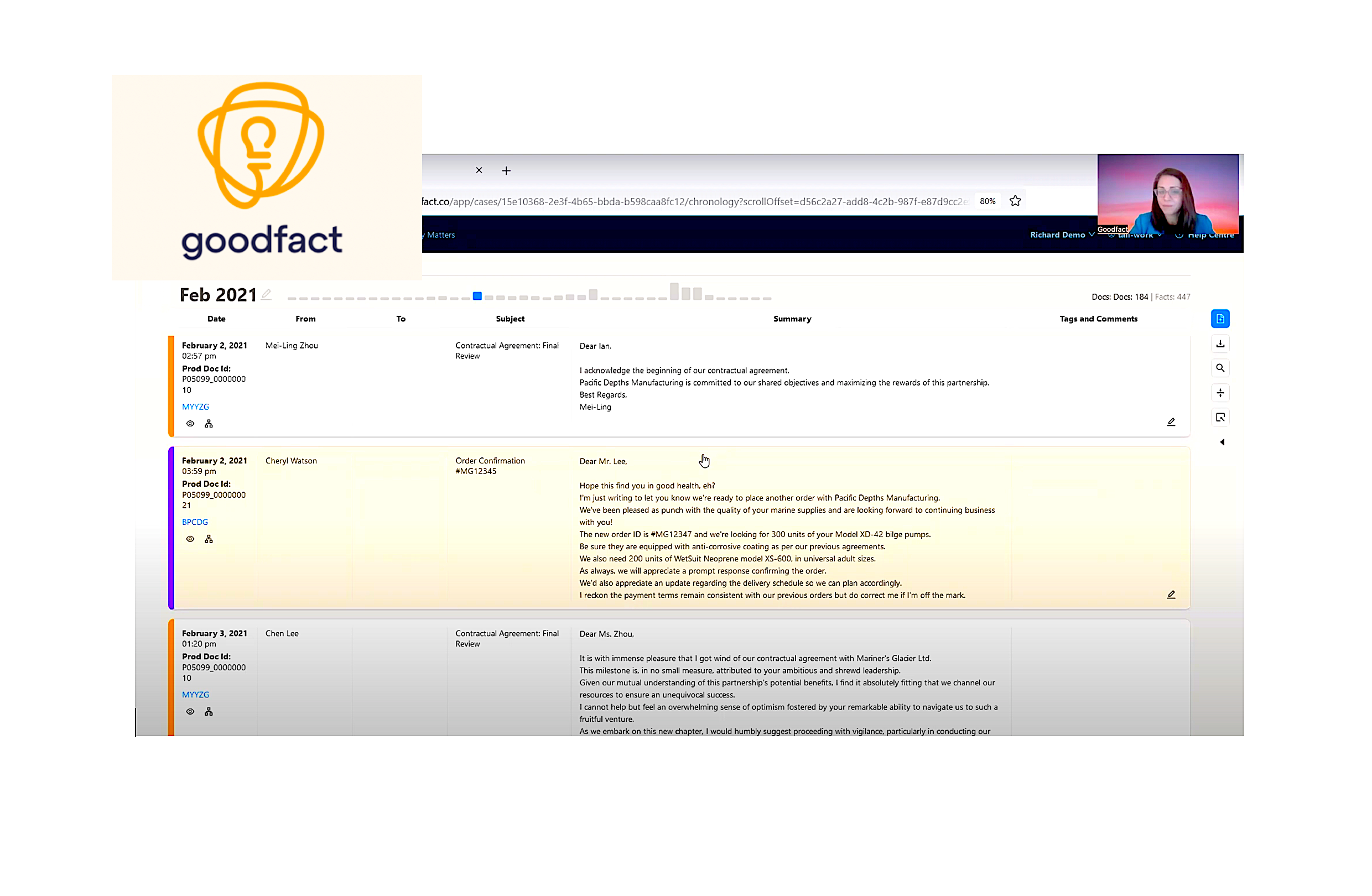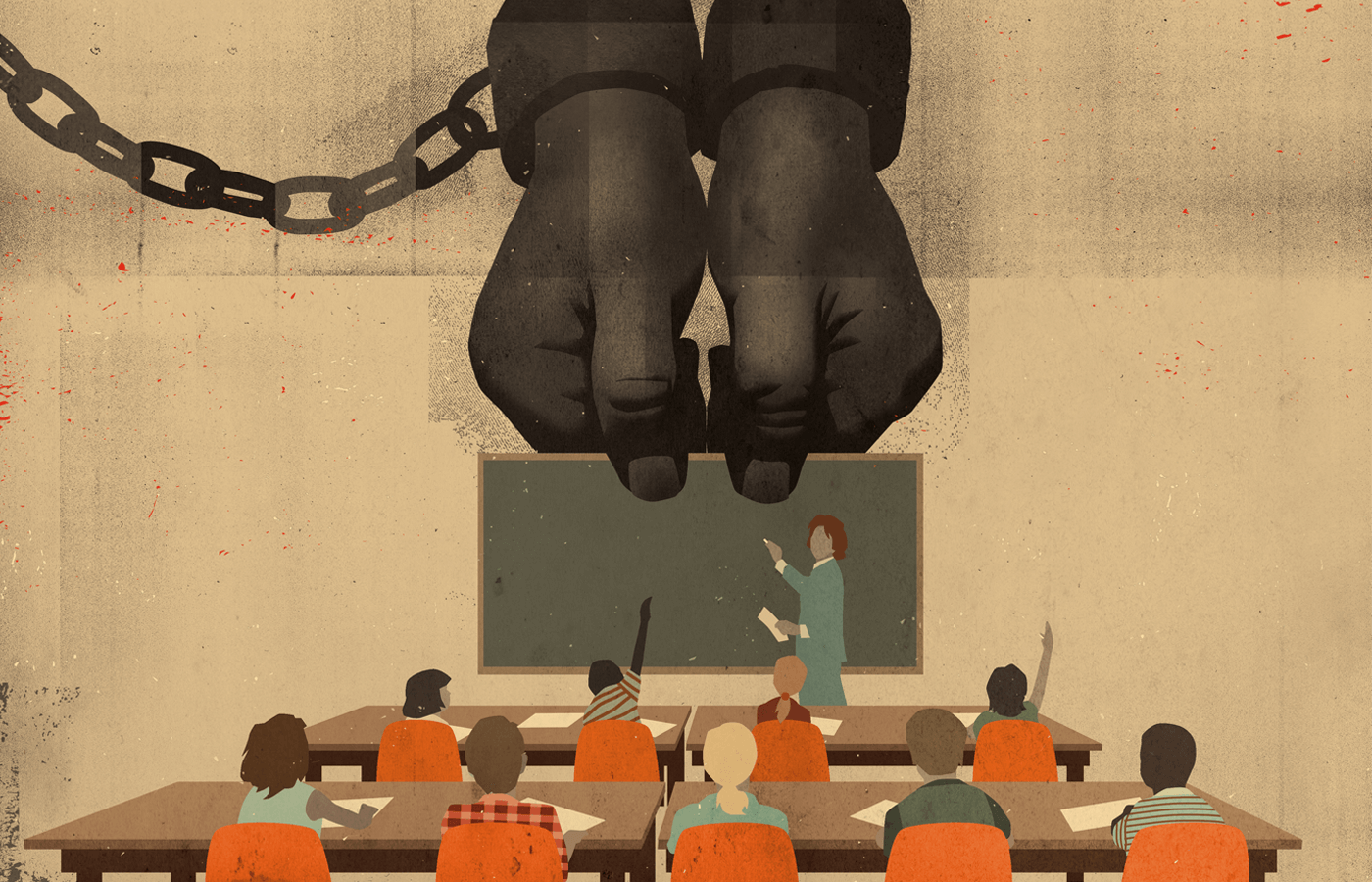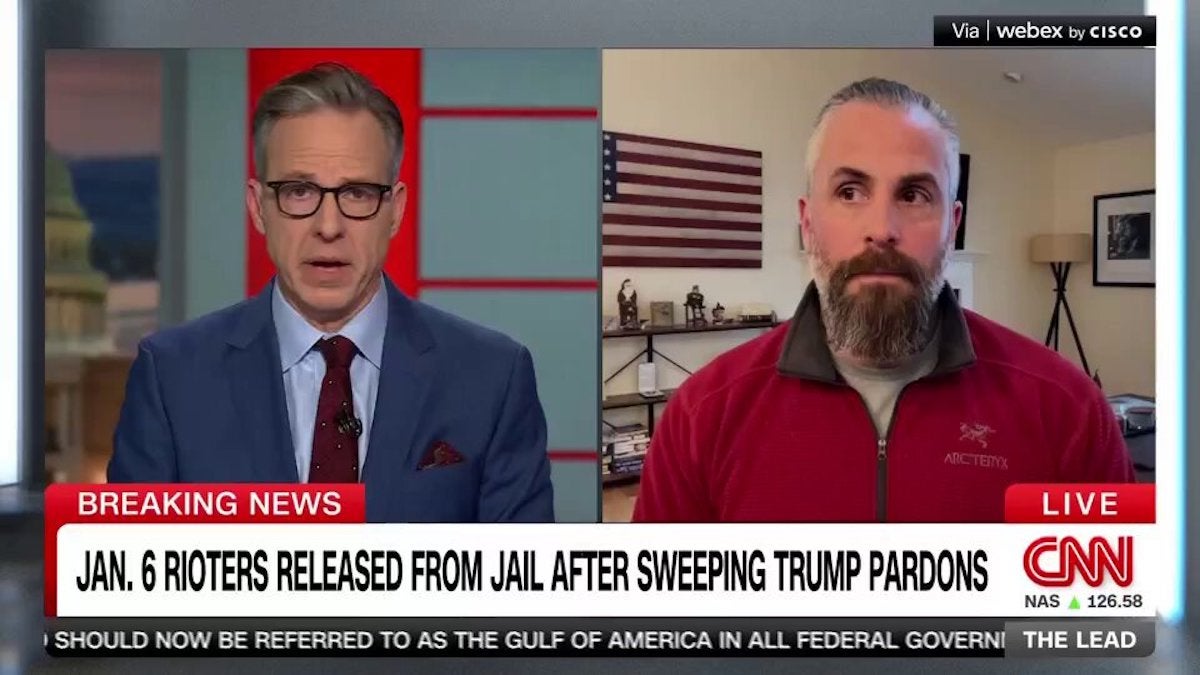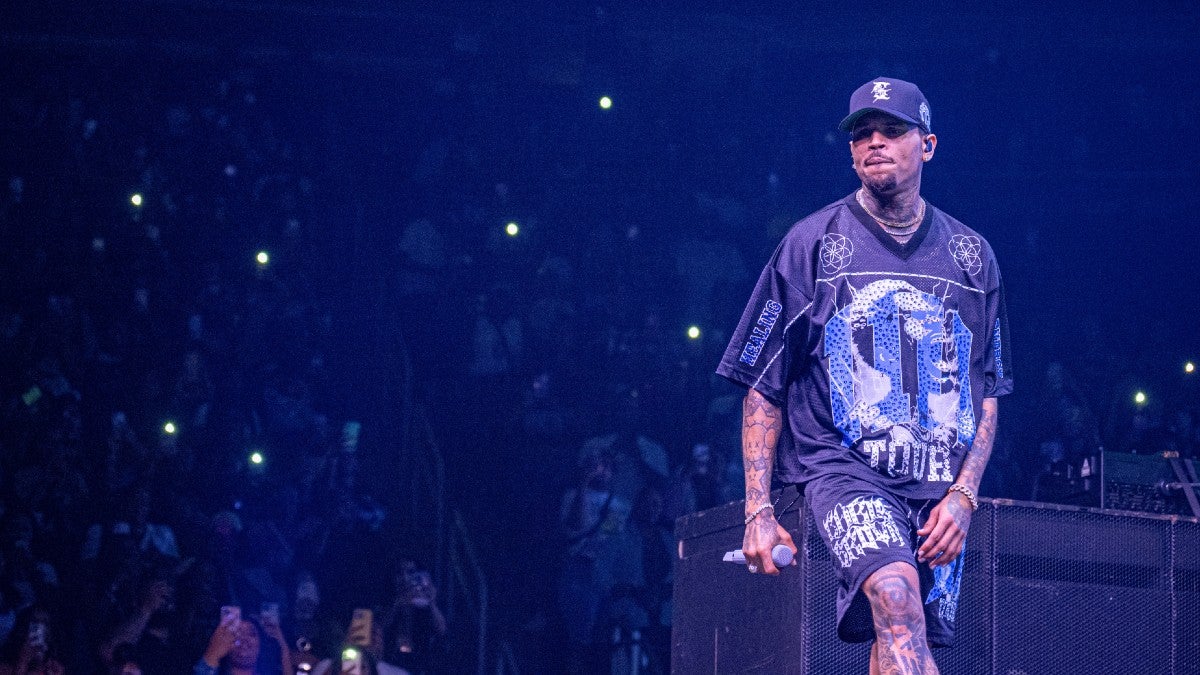Canada’s inflation rate ticks lower to 1.8% in December, partly due to GST break
As Canada’s Consumer Price Index falls slightly from November, economists expect further Bank of Canada interest rate cuts. The post Canada’s inflation rate ticks lower to 1.8% in December, partly due to GST break appeared first on MoneySense.

Canada’s annual inflation rate ticked lower in December, thanks in part to Ottawa’s temporary GST tax break, but economists still see interest rate cuts on the horizon as potential tariffs loom.
Statistics Canada said Tuesday the annual inflation reading for December came in at 1.8%, down from 1.9% in November.
What’s affecting Canada’s overall inflation rate?
The report noted restaurant food purchases and alcohol bought from stores contributed the most to the deceleration—items which were subject to the tax reprieve, along with children’s clothes and toys, among others.
Without the tax break, the agency said the annual inflation rate would have risen to 2.3%, driven in part by upward pressure from a month-over-month jump in accommodation costs in British Columbia—coinciding with Taylor Swift wrapping up her Eras Tour in Vancouver in early December.
“Looking beyond the tax cut, it was not a great report, frankly, from the inflation standpoint,” BMO chief economist Doug Porter said.
“December is a tricky month because typically you get discounting around Boxing Day sales, and there might be some carryover from Black Friday sales.”
Inflation and the GST break
Statistics Canada noted prices included in its consumer price index are final prices, including all excise and other taxes.
With the federal tax break set to last until Feb. 15, the impact of the measure will likely continue to show through in the January and February inflation reports.
“As the tax break came into affect mid-month, a further impact is expected to be seen in January when prices during the full month were subject to the lower rate,” CIBC senior economist Andrew Grantham said in a note.
Growth in grocery prices also decelerated from November to 1.9% year-over-year, from 2.6%.
Gas prices rose 3.5% year-over-year, in part because what’s know as the “base-year effect” in which prices declined 4.4% in December 2023.
Shelter cost inflation ticked down slightly in December to 4.5%, though remains elevated, while rent prices rose at a slower pace year-over-year in December, at 7.1%.
Bank of Canada interest rate expectations
Attention now turns to the Bank of Canada, which is set to make an interest rate decision next week.
Many economists have called for another quarter-percentage point rate cut, following a half-point cut in December. Porter said weighing on the central bank’s decision will be the threat of 25% tariffs from U.S. President Donald Trump.
The president mused on Monday night about hitting Canada with tariffs on Feb. 1.
The date comes after Trump officials, speaking anonymously, suggested to reporters that the Republican president would only sign a memorandum telling federal agencies to study trade issues, including alleged unfair trade and currency practices by Canada, Mexico and China.
“It’s almost like we need two forecasts: one with tariffs and one without,” Porter said.
“In the mild scenario where Canada is affected by modest or no tariffs from the U.S., we were assuming three rate cuts through the rest of the year, taking the overnight rate down to 2.5%.
“I think we have to revisit the entire forecast if we are indeed subject to 25% tariffs. I think we would be looking at deeper cuts by the Bank of Canada.”
TD Economics reiterated its expectation of a quarter-percentage point cut at “every other (rate) decision in 2025.”
Meanwhile, Derek Holt, head of capital markets economics at Scotiabank, said he thinks the Bank of Canada should keep its policy interest rate on hold next week, considering consumption has rebounded on a per-capita basis and the threat of tariffs.
“All signs point to strong Canadian retaliation that would add to underlying price pressures,” Holt wrote in his take on the CPI report.
“What’s the rush to cut after 175 basis-points of cuts to date? I know one thing for sure: I wouldn’t cut at this point while leaving all options open going forward.”
What inflation looks like across Canada
Canada’s annual inflation rate was 1.8 per cent in December, Statistics Canada says. Here’s what happened in the provinces (previous month in brackets):
- Newfoundland and Labrador: 0.6% (1.2%)
- Prince Edward Island: 0.4% (1.8%)
- Nova Scotia: 0.9% (1.7%)
- New Brunswick: 1.6% (2.0%)
- Quebec: 1.6% (1.5%)
- Ontario: 1.7% (1.8%)
- Manitoba: 1.1% (0.9%)
- Saskatchewan: 1.8% (1.6%)
- Alberta: 2.5% (2.8%)
- British Columbia: 2.6% (2.3%)
Featured accounts

Get up to 3.50% interest on your savings without any fees.

Lock in your deposit and earn a guaranteed interest rate of 3.75%.

Earn 3.9% interest for the first five months. No minimum balance required and no fees.
MoneySense is an award-winning magazine, helping Canadians navigate money matters since 1999. Our editorial team of trained journalists works closely with leading personal finance experts in Canada. To help you find the best financial products, we compare the offerings from over 12 major institutions, including banks, credit unions and card issuers. Learn more about our advertising and trusted partners.
Canada’s annual inflation rate was 1.8 per cent in December, Statistics Canada says. The agency also released rates for major cities, but cautioned that figures may have fluctuated widely because they are based on small statistical samples (previous month in brackets):
- St. John’s, N.L.: 0.6% (1.1%)
- Charlottetown-Summerside: 0.6% (2.1%)
- Halifax: 1.3% (2.1%)
- Saint John, N.B.: 1.4% (1.8%)
- Quebec City: 1.6% (1.4%)
- Montreal: 2.0% (1.9%)
- Ottawa: 1.8% (1.9%)
- Toronto: 1.8% (2.3%)
- Thunder Bay, Ont.: 1.3% (2.2%)
- Winnipeg: 1.2% (1.2%)
- Regina: 2.1% (2.1%)
- Saskatoon: 2.2% (1.8%)
- Edmonton: 2.7% (2.7%)
- Calgary: 2.4% (3.0%)
- Vancouver: 3.2% (2.3%)
- Victoria: 2.8% (2.1%)
- Whitehorse: 2.1% (2.0%)
- Yellowknife: 1.8% (1.8%)
- Iqaluit: 1.3% (1.4%)
Get free MoneySense financial tips, news & advice in your inbox.
Read more about the Canadian economy:
- Canadians’ financial stress grows despite interest rate cuts
- Will Canada’s economy grow in 2025?
- 5 things to watch in Canadian business in 2025
- GST holiday break: Is it good for Canada’s economy?
The post Canada’s inflation rate ticks lower to 1.8% in December, partly due to GST break appeared first on MoneySense.
What's Your Reaction?












